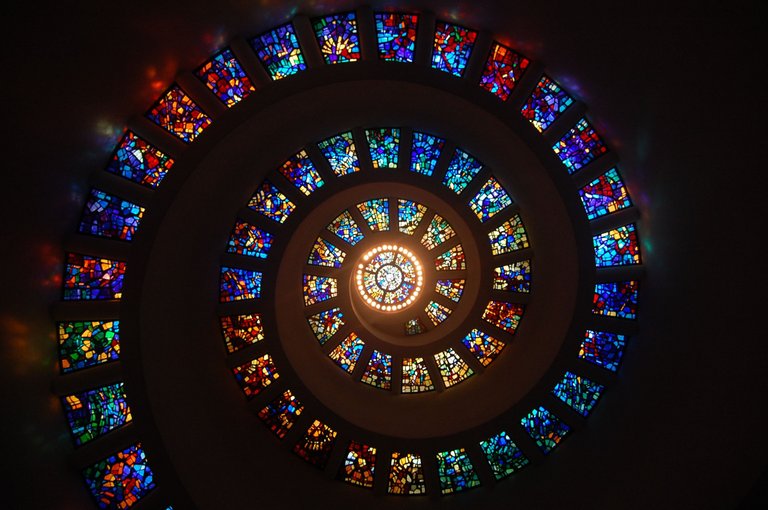On Art and Literature
Literature has to take us off the commonplace, and literature as an art, manifests itself to us in a way that our understanding of a book or a poem is never complete.
For the commonplace, for today's politics and the gore of self-deprecating society problems, we see the news or surf the internet, and this is not a problem because we all do it, but art and literature are for something else. ¿And what is that "else"? You might ask, and that is the whole point of art.
The art is not -for something- the art, as Victor Cousin, coined it is: "l’art pour l’art" art for the sake of art. Once one writes in pursuit of a change in politics, or economics, or society, it's no longer art, it's politics, economics, or sociology. Art is not a science, and everyone can dislike a piece of writing and it will not be a problem, not like the other end, when having someone not liking a particular scientific knowledge, which to me, seems absurd.
Art is out of time and space, and art itself doesn't change, else we wouldn't keep our mouths open observing renaissance art, or we would not laugh and cry with the Quixote. Every change that art can make is in us, borns in the engagement of art with one himself, and it is I, or you, that transmits through culture new views about the world, and with the very same mechanism, the art delivers itself.
Even though we can dislike a piece of art, there is good and bad art. If we think about literature, books can be entertaining, engaging, and even teach us, but the ultimate test of quality is the one we also face, time. A book can be a fine piece of art and only be known by the author's mother, like "A confederacy of dunces" by John Kennedy Toole, at least until her faith for the book finally paid. The point is that you will have to wait several years until you can finally affirm "This is a good book, it is a book that stayed with me".
A new question emerges, ¿Why does it stay with me? And the answer is the mechanism of symbolic operation.
Every book has a literal reading, that is, the sort of content that a teacher might ask an elementary boy. It can also have a political or sociological lecture, but it is the symbolic reading which allows the literature to live forever.
For a book to have a symbolic reading, there must be an operation with symbols by the author creating the text and the reader reading. Symbols are transcendental, and it is because of tradition, and human heritage, that an author and a reader can recover the meaning. Think about the whale in Moby Dick and the whale in cryptocurrency. The whale is a symbol that takes strength among a preconceive semantic field by the reader, who can give meaning to the whale. This is possible because of all the things the whale has meant in the past. That is why we can resignify it, and that is why we talk about heritage and how the whale, as a symbol, communicates.
All the classic literature is metaphysical because only art can express what we can not, the ultimate struggles of our being, our origins, our fears. When a work survives is because it was able to tell us something that we can not finish to understand, but at the same time, it fulfills us with meaning, and in return, we live with more grace, more prepared to get out of bed and see the lights.
Tell me what you think, and thanks for reaching "the end".

Congratulations @occultis! You have completed the following achievement on the Hive blockchain and have been rewarded with new badge(s):
Your next target is to reach 50 replies.
You can view your badges on your board and compare yourself to others in the Ranking
If you no longer want to receive notifications, reply to this comment with the word
STOPCheck out the last post from @hivebuzz:
Support the HiveBuzz project. Vote for our proposal!